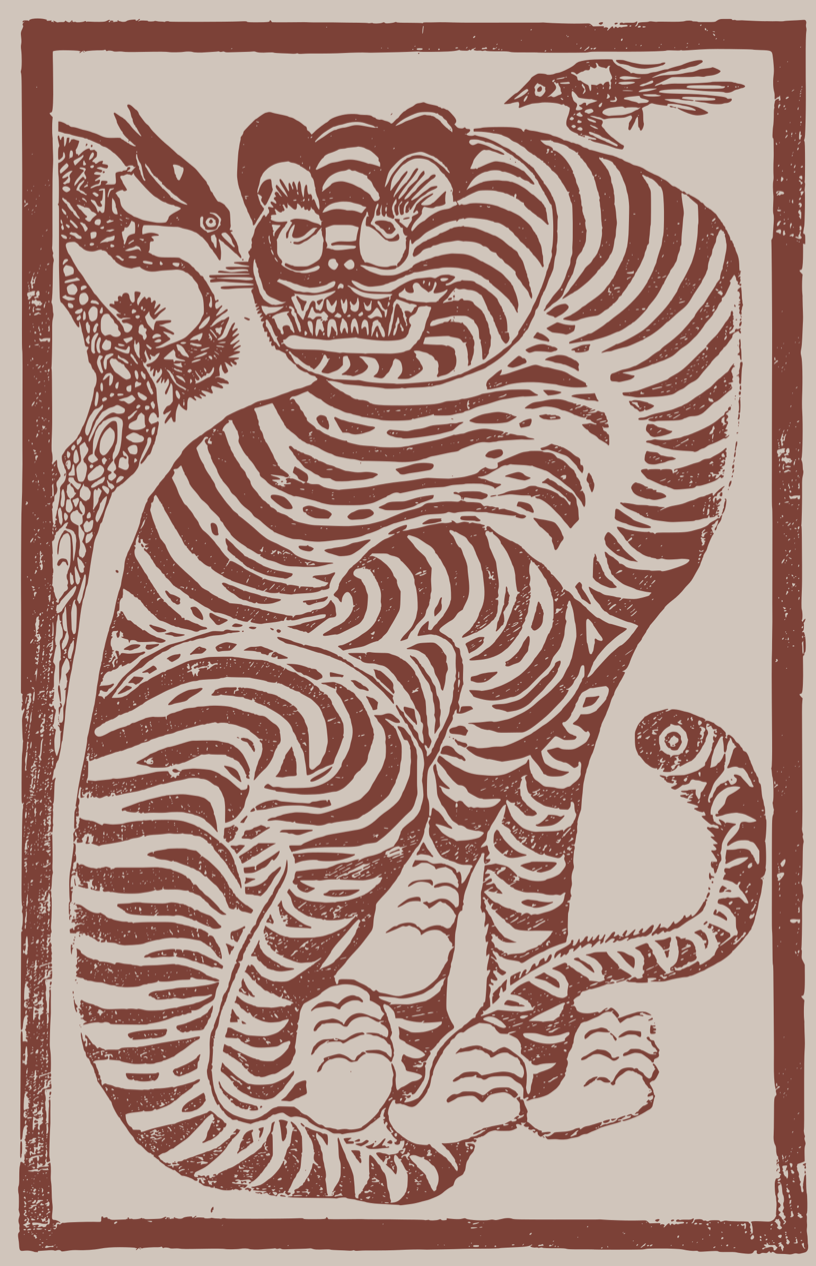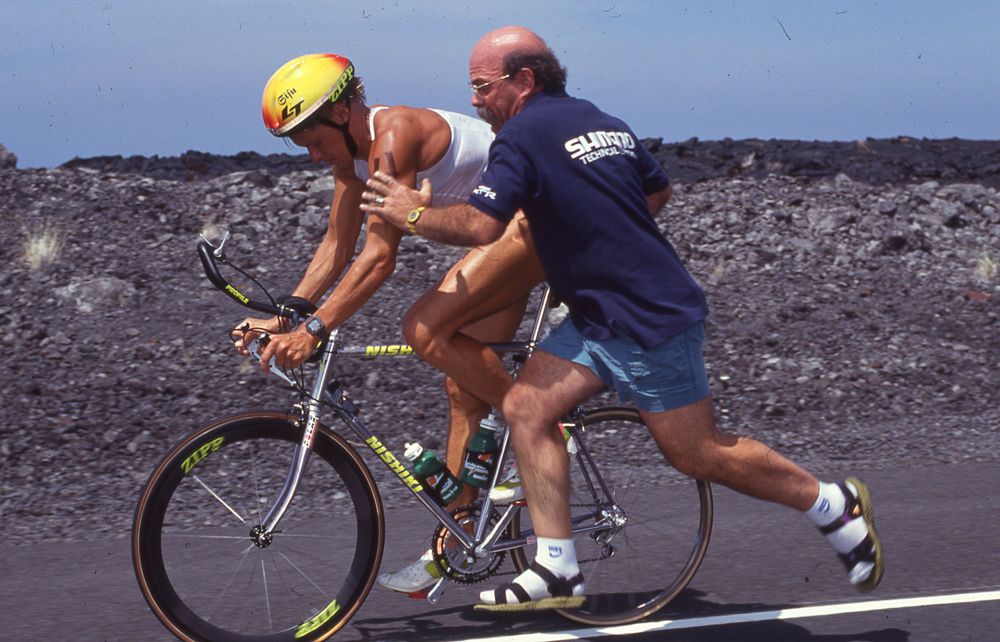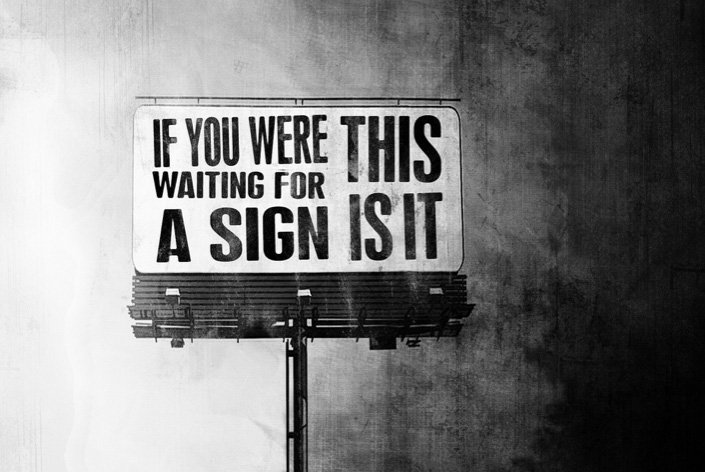LET’S BE FWENDS ISSUE #42:
MULTITASKING IS A PRETTY BAD IDEA
“There are no answers. There are only choices.”
~ Stanisłav Lem

Stop multitasking
There’s a difference between being busy and being productive.
But, of course, you knew that already. So, the interesting question is why are we multitasking all the time, and what could be a better strategy?
Programmers talk about “the zone”, some kind of hyper-focus flow in which they are the most productive. It’s not that you’re faster, or get more done. Being in the zone allows you to produce a quality of work that otherwise would be impossible to achieve.
How can we train ourselves to reach that kind of flow more often? Newport has an interesting approach: Be bored more often.
“The ability to concentrate is a skill that you have to train if you expect to do it well. A simple way to get started training this ability is to frequently expose yourself to boredom. If you instead always whip out your phone and bathe yourself in novel stimuli at the slightest hint of boredom, your brain will build a Pavlovian connection between boredom and stimuli, which means that when it comes time to think deeply about something (a boring task, at least in the sense that it lacks moment-to-moment novelty), your brain won’t tolerate it.”
But if you have to, do it slowly.

Most brilliant people I know don’t have something that you would call “a career” in an ordinary way. They are interested in a lot of things and switch their focus often - sometimes inside a field, sometimes between fields or industries. Consciously or not, they implement a strategy of “slow multitasking”: Working on one thing, taking their time understanding it, and then slowly, and deliberately putting it away, and picking up the next thing to work on that.
It’s the opposite of starting all over again; More like building expertise and knowledge, one layer on top of the other, and all the things you already did are forming and inspiring the next thing and your next adventure.
Here’s a talk that explores the concept of “Slow Multitasking”.
The business story of the Iron Man race is a messy one

Iron Man probably is the most iconic one-day endurance event there is. Arguably, it might even be more famous than the Tour de France, considering that it is held all over the world, and probably everyone knows one who participated in one.
Considering this, its meandering history probably doesn’t come as a big surprise. What is surprising, though, is the very complex history of its (very successful) business background.
The NYT has a great write-up of the history and the ongoing disputes and legal battles over who owns or should own the Iron Man brand and races.
Plus, it also has a lot of great pictures from the first few years and decades of triathlon. Not for the faint of heart!
Cycling: Good not just for your heart, lungs and muscles

It’s well established that moderate forms of physical exercise (like commuting per bike or taking long walks) is beneficial for your cardiovascular health, and increases your life expectancy (although it is unclear how much).
But apparently, the benefits of cycling and similar exercise don’t stop at the heart: A new study claims that cycling counters more than 34.000 life-threatening illnesses, including depression, diabetes and breast cancer.
If that doesn’t sound like a good reason for picking up your bike when going to work, I don’t know what would.
What’s your choice for today? Taking the train to work or the bike? Hustlin’ on all the things, all the time, or putting focus on one thing and finishing it before moving on to the next? The choice is yours, and I’m sure it will be a good one! 🤔
Subscribe to Let's be Fwends